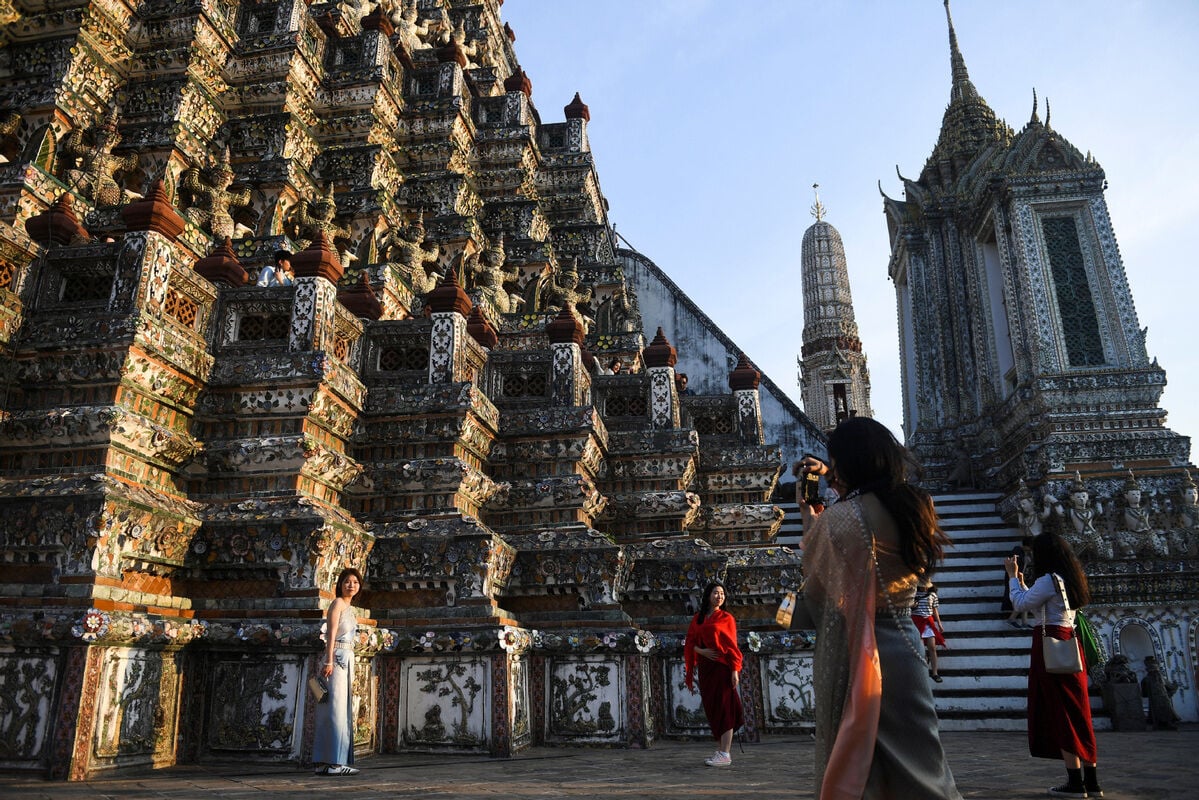China’s economic recovery revs up with Ching Ming Festival

China’s economic recovery is gaining momentum, driven by a boost in domestic travel and spending during the recent Ching Ming Festival. The three-day holiday saw a surge of over 10% in domestic travel and spending from pre-pandemic levels.
The Chinese Ministry of Culture and Tourism confirmed that over 119 million domestic trips were recorded, exhibiting an increase of 11.5% compared to the same period in 2019.
Domestic travel revenue reached a total of 53.95 billion yuan (about US$7.61 billion), which is a rise of 12.7% from the pre-pandemic year. This increase in tourism and consumption is crucial for China’s post-pandemic economic recovery, especially considering the ongoing property sector crisis and faltering confidence among private sector and foreign investors.
The Ching Ming Festival, also known as the tomb sweeping festival, is a tradition of honouring the deceased. This year’s festival fell on a Thursday, which allowed for an extended holiday period over the weekend. The previous year’s holiday, falling on a Wednesday, was the first since China began lifting its stringent zero-Covid restrictions.
This year, popular tourist destinations included Beijing, Shanghai, Nanjing, Hangzhou, Suzhou, Wuhan, and Changsha. Other areas that saw a spike in visitor numbers included Tianshui in Gansu province, which became a trending travel destination due to social media influencers promoting its local spicy soup dish, malatang.
The transport ministry reported that as many as 16 million train trips were made per day, which marked a 75.3% surge in average daily rail traffic compared to 2023. Furthermore, average daily air trips reached 1.7 million, an increase of nearly 24%.
Despite a brief disruption to rail services due to a 7.3 magnitude earthquake in Taiwan, inbound and outbound tourism levels were close to those recorded during the 2019 festival. For Chinese travelling overseas, popular destinations included Japan, South Korea, Australia, Indonesia, and the United Arab Emirates, along with Thailand, Malaysia, and Singapore.
The three-day holiday period also brought a windfall for the entertainment sector, with China’s total box office takings reaching a record 850 million yuan, according to official figures. Japanese filmmaker Hayao Miyazaki’s Oscar-winning animated feature The Boy and the Heron led the earnings with over 390 million yuan, constituting 46% of the total earnings, reported Bangkok Post.
Latest Thailand News
Follow The Thaiger on Google News:


























